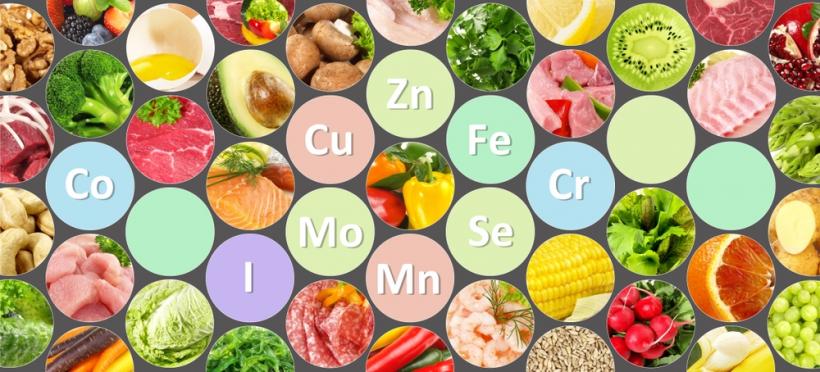The role of micronutrients and trace elements in cancer patients
Essential vitamins
1. vitaminA : supports immune function, promotes tissue repair, and has antioxidant effects to protect cells Protection from damage during cancer treatment.
2. vitaminsD2 : Promote calcium absorption, support bone health, and regulate immune response, for cancer patients Crucial.
3. vitaminsE : Acts as a powerful antioxidant, protecting cells from oxidative damage and supporting immunity function and may help reduce some side effects of cancer treatment.
4. vitaminsK1 : Essential for blood clotting and bone health, especially for patients undergoing chemotherapy important.
Important Trace elements
1. Chromium: Helps with glucose metabolism and is critical for maintaining energy levels in cancer patients.
2. Copper: Supports iron metabolism and red blood cell formation, promotes oxygen transport and immune function.
3. Iron: Essential for the production of hemoglobin and helps prevent anemia, which is common in cancer patients undergoing chemotherapy .
4. Manganese: supports bone formation and has antioxidant effects, protecting cells from damage.
5. Iodine: Essential for thyroid function, regulating metabolism and energy levels.
6. Fluoride: Supports dental health, which may be compromised during cancer treatment due to side effects such as dry mouth.
7. Molybdenum: Involved in detoxifying sulfates and breaking down liver medications, supporting liver health.
8. Selenium: As a powerful antioxidant, it supports immune function and may reduce the toxicity of certain chemotherapy drugs.
9. Zinc: For immune function, wound healing andDNA Synthesis is vital and very important for cancer patients important.
Conclusion
Micronutrients and trace elements are integral in the care of cancer patients. They promote important physiological functions, support therapeutic effects, and help reduce side effects. Appropriate nutritional supplementation and management of these nutrients are critical to optimizing cancer care and improving patient outcomes. However, before taking any supplements, cancer patients should consult with their medical provider to ensure appropriate intake and avoid potential treatment interactions.
Medical Disclaimer:
The information provided in this article is for educational and reference purposes only. It does not constitute medical advice and should not be used as a substitute for professional medical diagnosis, treatment or advice. Always consult your physician or other qualified health professional with any questions you may have regarding your medical condition or medical problems. The content of this article is not intended to recommend any specific test, treatment, or medication and should not be considered such advice. If you develop symptoms or need medical assistance, please contact a medical professional promptly.

